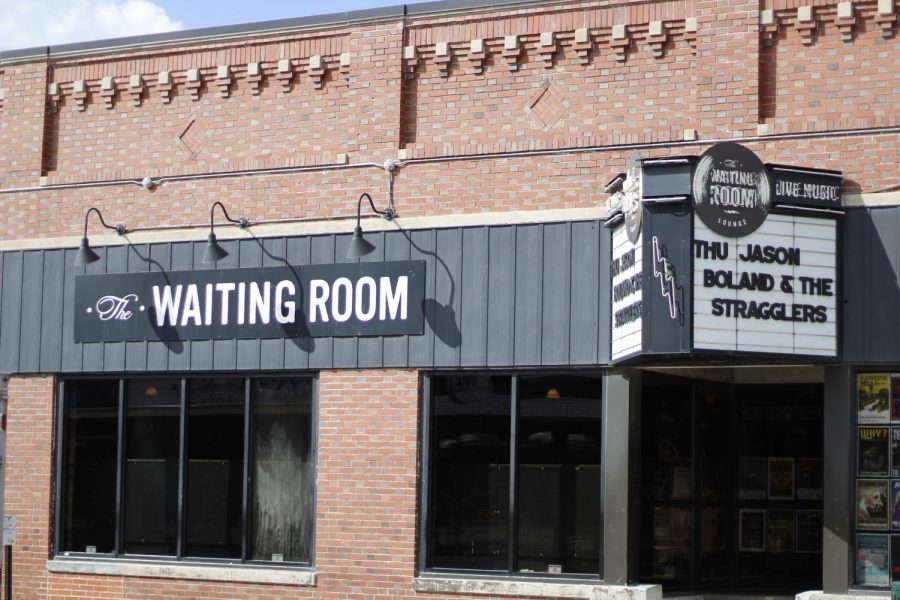Right Move or Racist?: Music venue bans all local hip hop artists
September 19, 2019
In August, The Waiting Room Lounge placed a temporary ban on local rap and hip-hop shows. The ban followed a shooting that took place outside of the Benson venue during a performance by hip-hop artist TK Mafioso. The ban has raised questions about the safety of these music venues and of the shows that perform there.
Despite the warm weather disappearing, the Omaha music scene is winding up. According to Jason Kulbel who works at local music venue The Slowdown, as artists get off their summer national tours, they head for gigs in smaller cities like Omaha.
The Slowdown recognizes the incoming masses of people and adjusts their security accordingly. At sold out or nearly sold out shows, they try to have police officers by the doors. At some other shows, they utilize metal detectors to keep out prohibited items. Their staff is also trained to watch the crowd at events and respond accordingly, especially at shows with a large quantity of patrons.
Kulbel acknowledges that The Slowdown is a drinking environment and things are bound to happen. He says he’s seen fights break out at performances of every genre.
Making clear that The Waiting Room Lounge’s ban is their own decision, Kulbel said that The Slowdown will not adapt their policy in a similar way.
This isn’t the first time hip-hop has been given a bad rap in Omaha. In 2012, two people were shot at a Tyga concert at Sokol Auditorium. Since then, many hip-hop shows have been pushed away from the metro, according to local artist Jordan Slick.
However, the recent hip-hop ban from The Waiting Room Lounge has sparked new outrage from some musicians. Topher Booth, the lead singer of the folk band Nation, calls the ban “racist.” He has stated that Nation will boycott all 1% Productions venues – as that’s the company that books for The Waiting Room – and called for a “complete reversal of policy,” a “video and written apology from owners to hip-hop community,” and a “donation to charity of appropriate direction.”
Booth said he felt the ban “deeply betrayed” the local hip-hop community. He clarified that his reasoning for asking for a donation was for The Waiting Room Lounge to prove to the hip-hop community that they aren’t driven by money. He argues that the reason for banning only local hip-hop artists is that they know non-local artists will bring in more money, so they’re still allowed to play.
However, other artists disagree with Booth. While Slick acknowledges that The Waiting Room Lounge can’t “punish a whole group of people for a few bad apples,” he says the ban isn’t racist and that he wouldn’t be following in Booth’s footsteps to boycott 1% Productions.
Local young rapper Bobo Thuh Breadboy wouldn’t call the ban racist either.
“We have every color and race in Omaha doing hip-hop and rap right now,” he said, “The attempt to ban hip-hop isn’t racist unless you have racist pretenses about hip-hop.”
When Booth was asked about this association, he said that doubt of the association between people of color and hip-hop shows a lack of knowledge of black history. He claims the basis of hip-hop stems from how African slaves would tell stories and pass knowledge from person to person.

